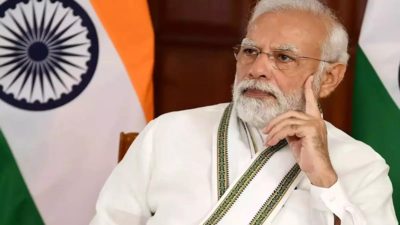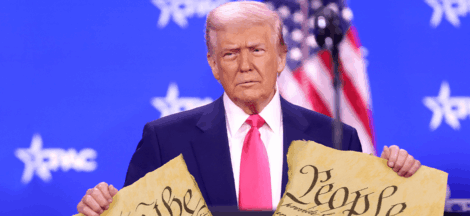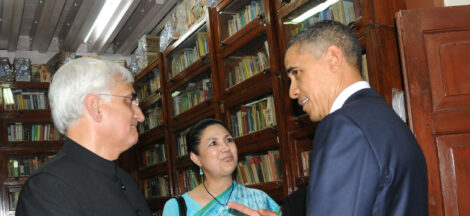The arrival of Tahawwur Rana, a Pakistani-born Canadian national accused of facilitating the 2008 Mumbai terror attacks, has reignited public discourse, particularly spotlighting a 2011 social media post by Prime Minister Narendra Modi, then serving as Gujarat’s Chief Minister. In the post, Modi criticised the Congress-led government’s foreign policy, asserting that the U.S. had “disgraced the sovereignty of India” by declaring Rana “innocent”.
Rana, 64, was extradited after a prolonged legal battle, marking a significant development in India’s pursuit of justice for the 166 victims of the Mumbai attacks. The National Investigation Agency had formally requested his extradition in 2020, and the process culminated after the U.S. Supreme Court rejected his final appeal. The extradition was publicly confirmed by former U.S. President Donald Trump during a joint press conference with Prime Minister Modi.
Rana’s legal team had argued against his extradition, citing concerns over potential torture and his deteriorating health. Despite these appeals, U.S. authorities proceeded with the extradition, underscoring the bilateral commitment to counterterrorism cooperation.
The resurfacing of Modi’s 2011 post has added a political dimension to the development. In the post, Modi had expressed indignation over the U.S. decision to absolve Rana, questioning the then government’s diplomatic efficacy. The post has gained renewed attention on social media platforms, with users drawing parallels between past criticisms and current events.
Rana’s extradition is expected to bolster the NIA’s ongoing investigation into the broader conspiracy behind the Mumbai attacks. His alleged association with David Coleman Headley, who conducted reconnaissance for the attacks, positions Rana as a potentially crucial source of information. Indian authorities anticipate that his testimony could shed light on the involvement of other key figures and entities.




 Columbian President Gustavo Petro’s Left Coalition Facing Tough Opposition In 2026 Polls
Columbian President Gustavo Petro’s Left Coalition Facing Tough Opposition In 2026 Polls 